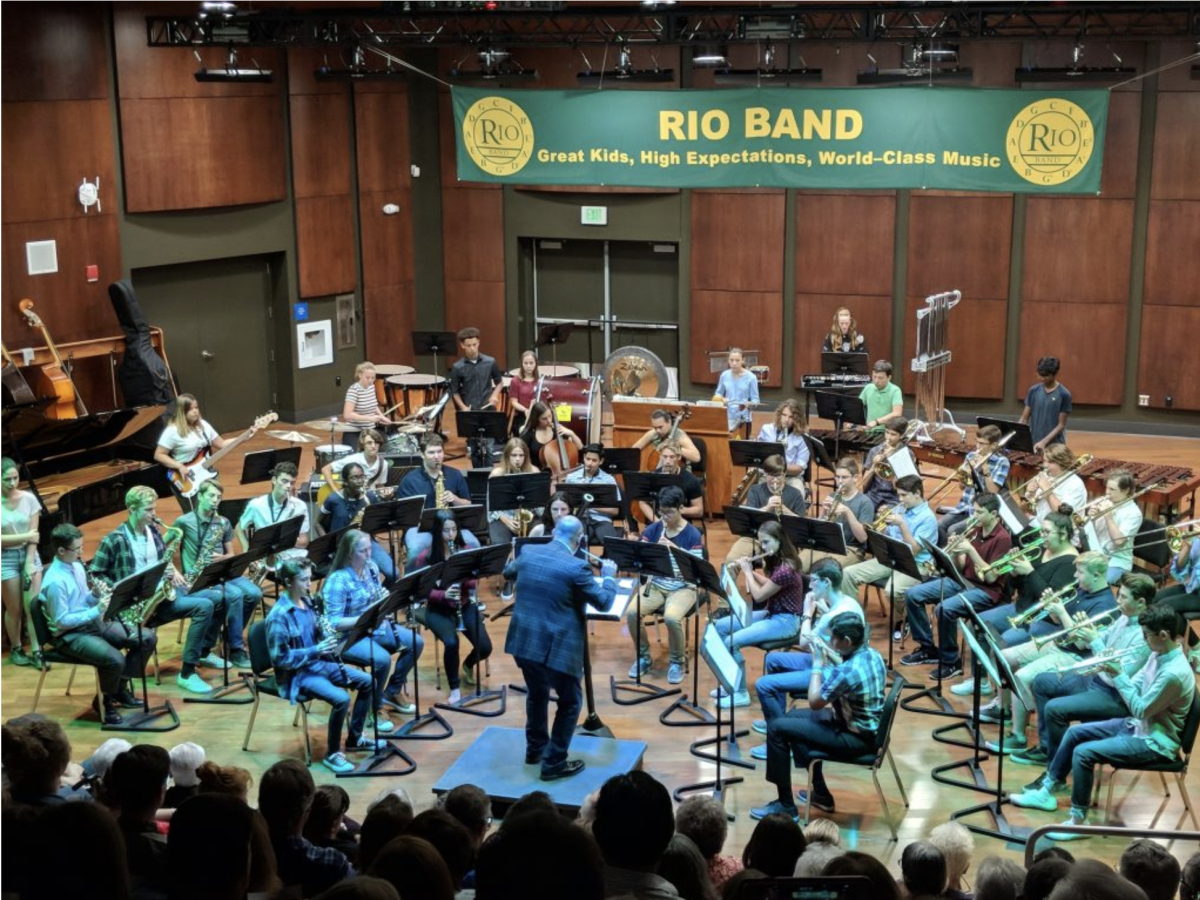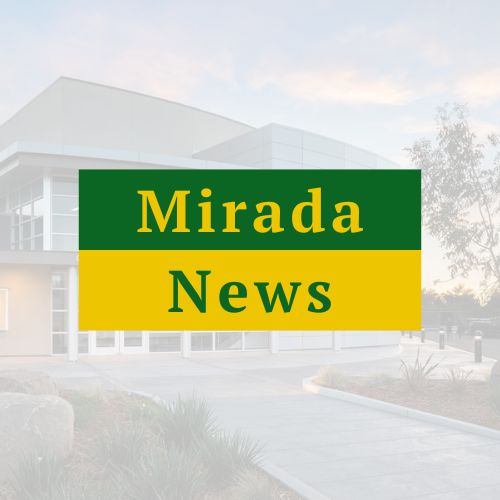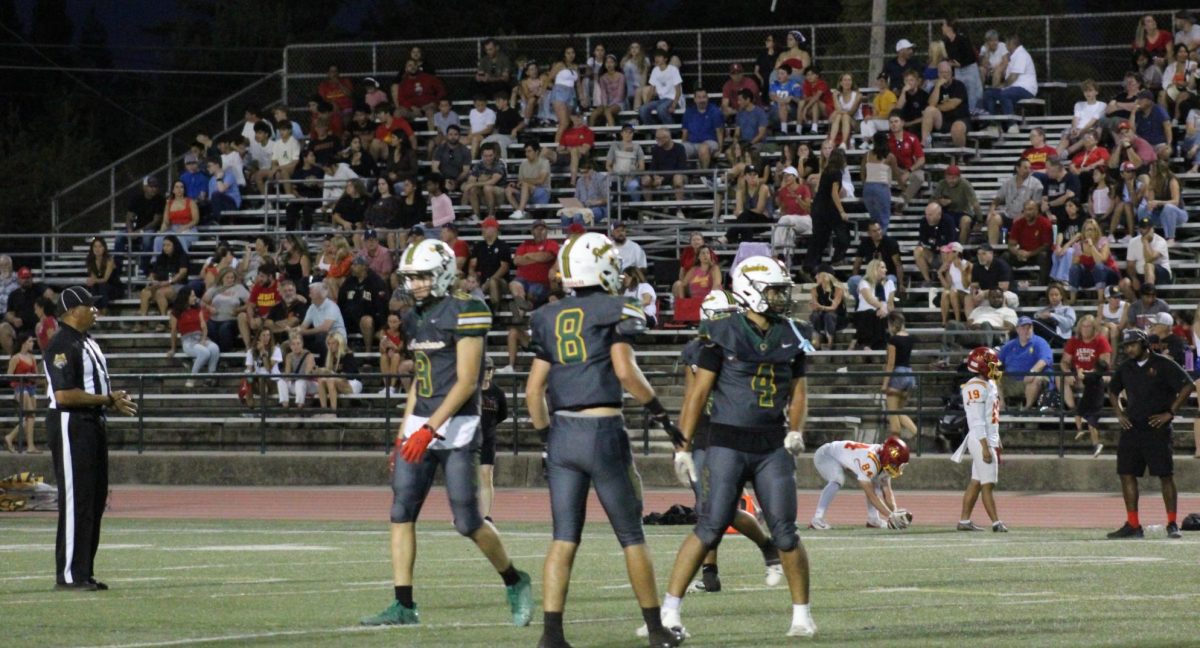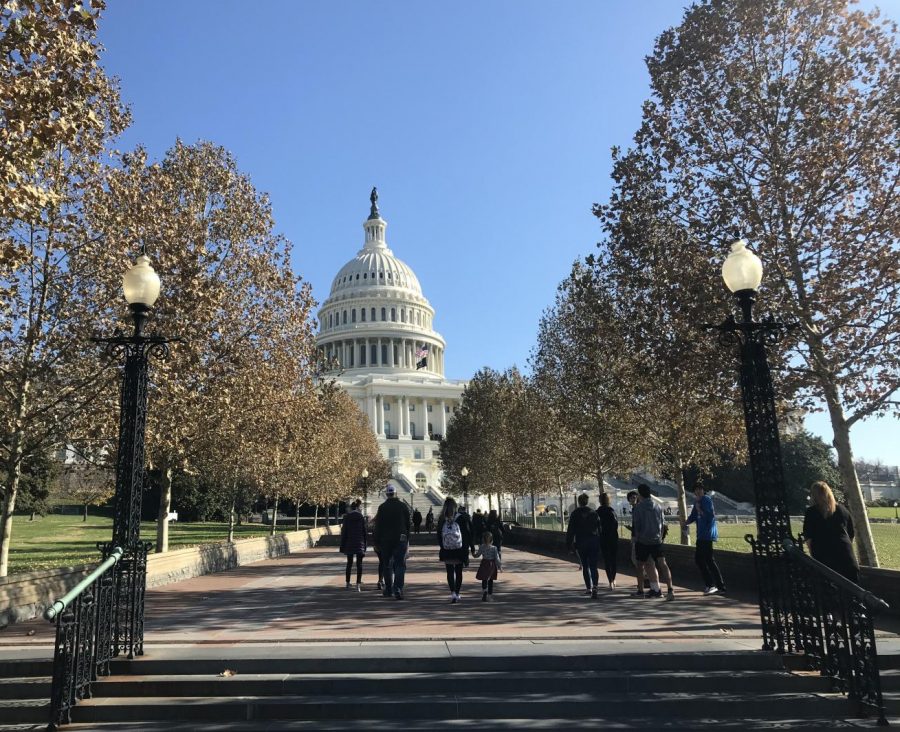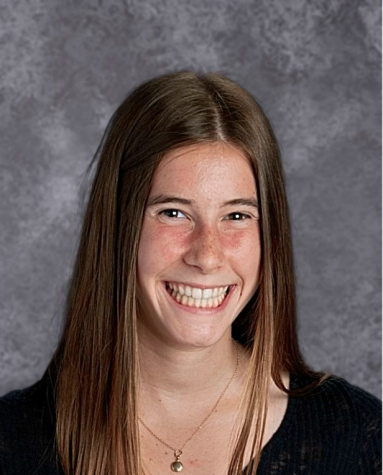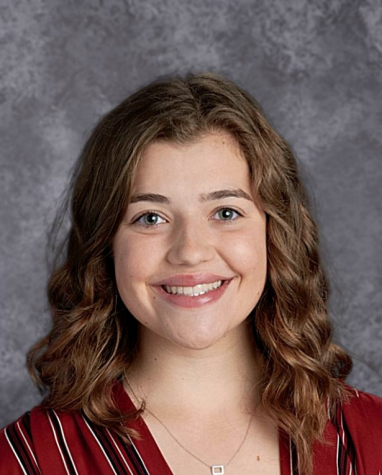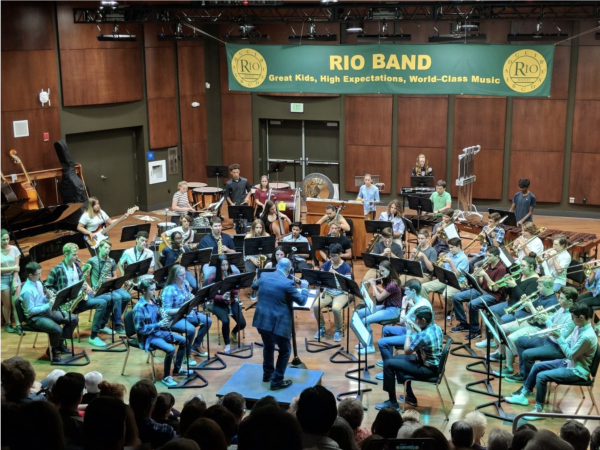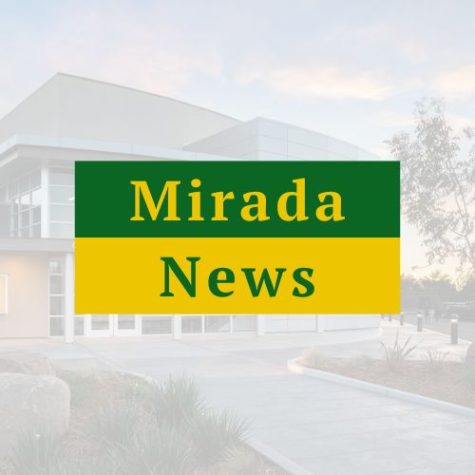Balancing Current Events and Class Curriculum
Teachers and students share their views on to what extent current events should be integrated into class following the political unrest at the United States Capitol.
Photo By Katelyn Newton
Should English classes analyze the rhetoric of a speech made in 1800, or should they study rhetorical appeals in recent political debates instead? Should science classes diverge from traditional material to integrate how vaccines work or the newest technologies in clean energy into their curriculum?
Following the political unrest of the new year, some teachers took the opportunity to bring current events into the classroom. Some students, like sophomore Surina Naran, participated in class conversations about the events at the Capitol in the days following and found them useful and necessary.
“My teachers in history, English and CIVITAS addressed the events, and in all classes we had class discussions,” Naran said. “I thought it was beneficial for teachers to address it; what happened was such a historical and important event, and to ignore it would be almost downplaying what happened.”
A group of school superintendents in Humboldt County condemned the attacks on the nation’s Capitol, and used it as a platform to advance short and long term plans to educate students on current events. Select teachers at Rio chose to discuss the Capitol riots the following day, although the school nor the district released a statement on the events.
With events like the Capitol attacks, much was unknown in the hours and days following the attack, making the potential for spreading disinformation much higher and allowing teachers to serve as a place for students to process and understand events as more information came to light. English teacher Ashley Sanders believes that through incorporating current events into discussions of rhetoric and literary analysis allows students to become better informed citizens.
“It gives students the opportunity to not only think critically about current issues, but “feel critically” as well,” Sanders says about framing literary discussions using current events. “By this I mean, it is crucial to teach students to be aware of the ways in which the flooding amount of information affects one’s emotions and could hinder the ability to make important decisions or see events objectively.”
For teachers in Concord, Mass. the Capitol riots presented an opportunity for teachers to give students a deeper understanding of the curriculum they were learning in class, using the riots as a gateway to discuss the significance of the Electoral College and proceedings of the presidential election in greater detail, however senior Molly Mahoney points out that not every class is the place to address the current political and social climate.
“I think that depending on the subject, it’s okay to talk about,” Mahoney said. “For example, if it is a history class or civitas or government class, it is appropriate because it actually relates to the class, but if your in a math class with a teacher ranting about politics, that’s not why you are in that class, and your students will benefit more from your math lesson than a political rant.”
Some teachers felt that despite the currency of certain events and their potential connection to curriculum there simply isn’t enough time to address all of the outside events while still meeting necessary standards. Science teacher Alexis Paulus says distance learning has added additional challenges for him when trying to incorporate current events into classroom discussion.
“Normally I would certainly be trying to integrate current events into my curriculum, but we’ve lost 1.5 hours per week of instructional time due to the virtual schedule,” said Paulus. “I don’t have time to add anything that is new. Unless, of course, the new content covers what is necessary to know for the test.”
With the crossover between many pressing topics in society and traditional school subjects, some believe that public school is a fitting environment to discuss and educate students on the current political and social climate. Others value the well-rounded foundation that traditional education standards lend themselves to.
Mahoney says that traditional fundamental teachings as well as the incorporation of current events are necessary to provide an effective education which students will retain even after the class is over.
“Fundamentals and standards are required for a base understanding of the specific subject, but after a while, kids start to wonder, how does this apply to my life at all?” Mahoney said. “So then it’s important to show kids how these topics apply to daily life, like climate change in science, or speeches in language classes, or elections in government and history classes.”
The balance between solidifying foundational skills and acknowledging the importance of current events on the landscape of academic subjects proves to be a challenge for students and teachers alike, but with work and creativity, a multidimensional approach to education may sometimes provide students with invaluable tools to apply their knowledge beyond the classroom.

